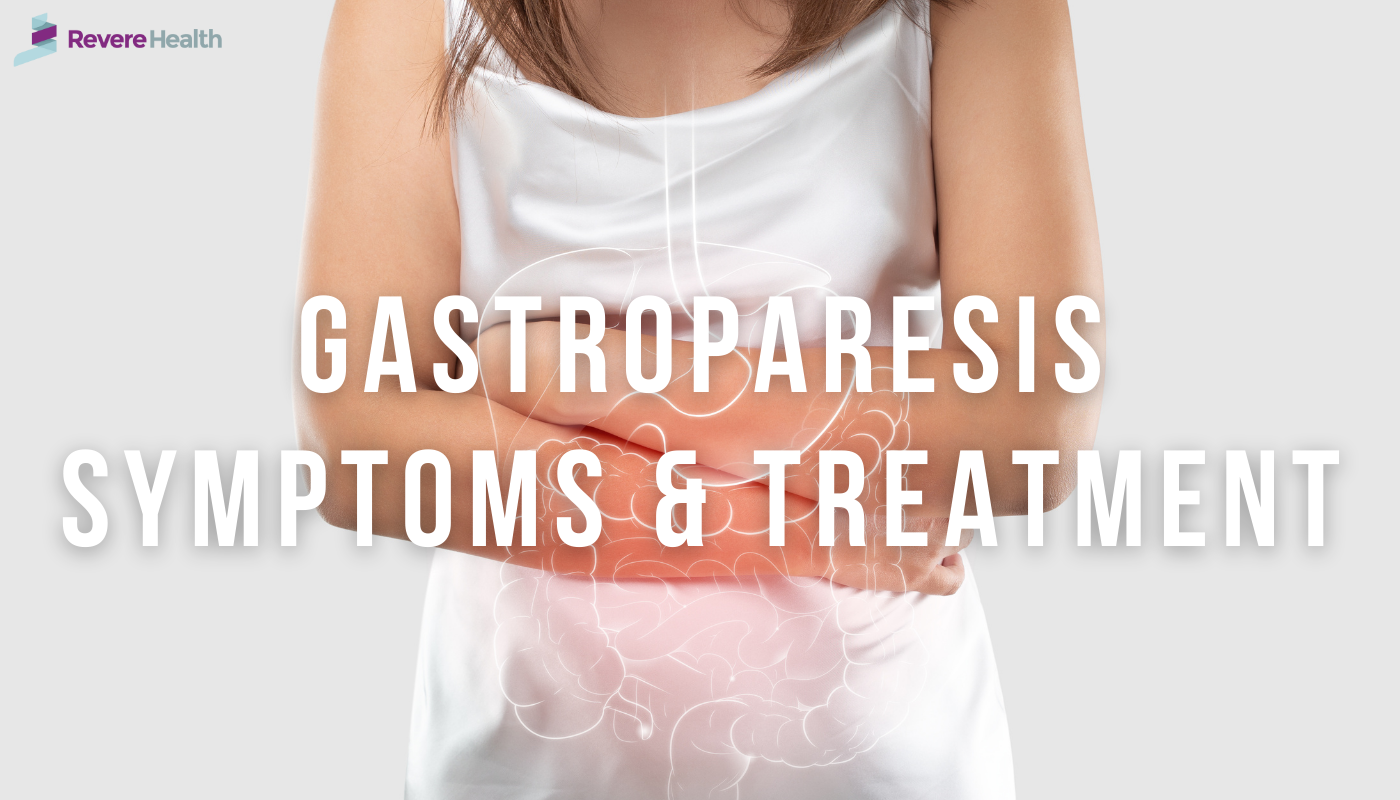Common Gastrointestinal Conditions and What to Do About Them

As the term suggests, Gastrointestinal conditions are concerned with the GI tract, from mouth to anus. The GI tract is one of the organs responsible for functioning the whole body. The gastrointestinal conditions are directly connected with the GI tract and can cause issues like nausea, food poisoning, diarrhea, and vomiting. Gastrointestinal conditions are divided into categories- functional and structural. Both the situations arise in the GI tract but differ in the further additions. For instance, functional gastrointestinal diseases can directly cause eating large amounts of dairy products, stress, eating a low fiber diet, not exercising, resisting passing out the bowel, or taking antacid medicines that contain calcium and aluminum. On the other hand, structural gastrointestinal diseases are diagnosed when your bowel looks abnormal and doesn't work correctly. Some structural gastrointestinal conditions lead to constipation, irritable bowel syndrome, hemorrhoids, anal fissures, p


